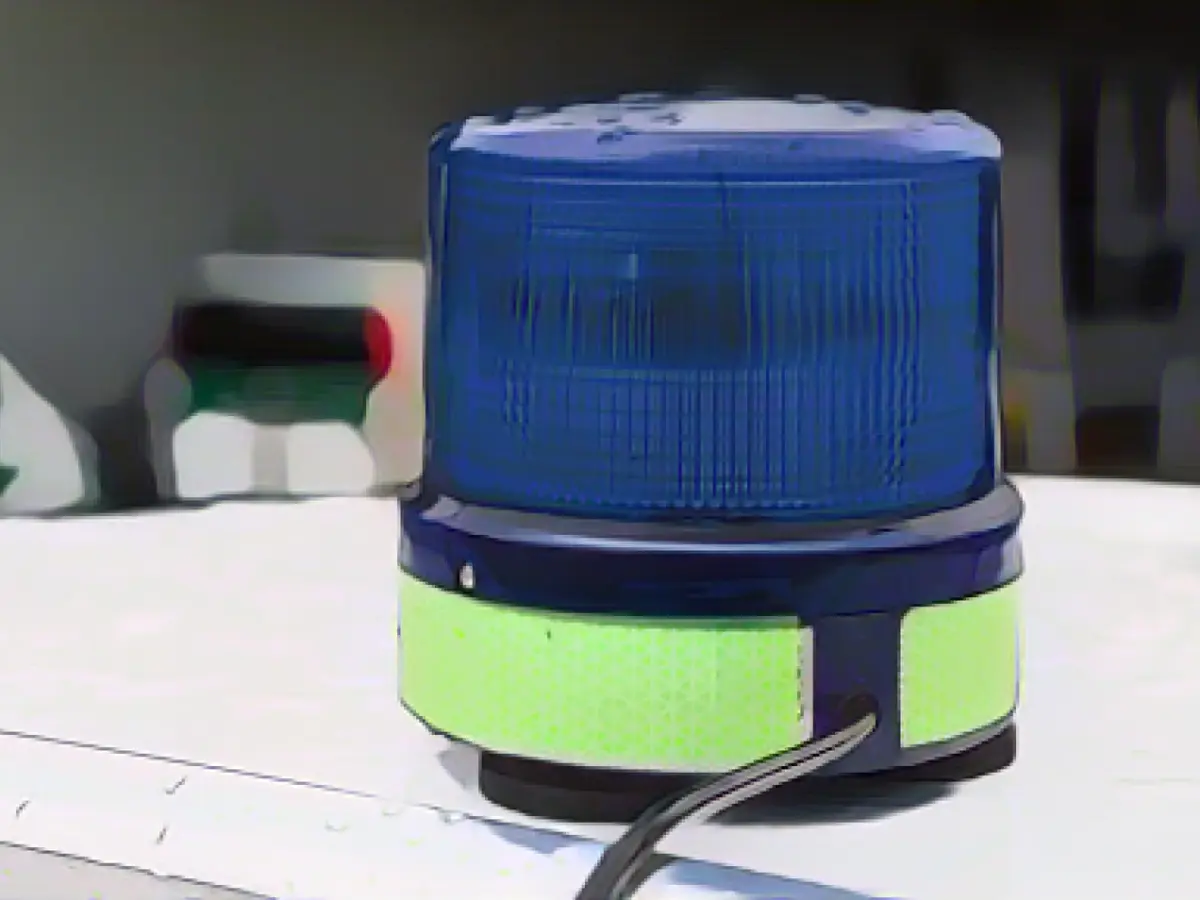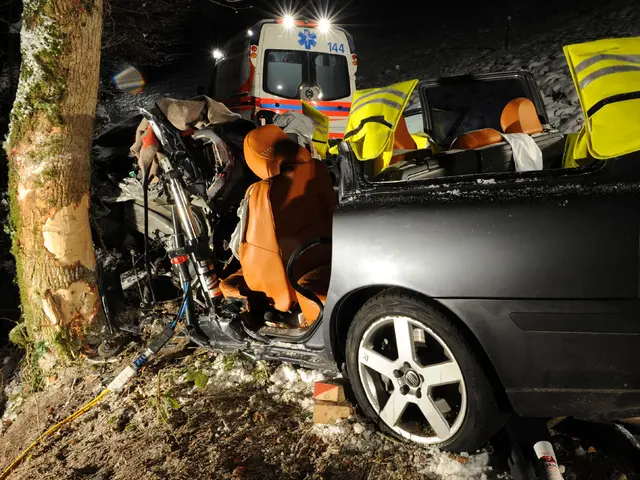Updating the Migration Scene in Mecklenburg-Vorpommern
It's been a noteworthy year in the realm of deportations within Mecklenburg-Vorpommern, Germany. As the year came to a close, a slight uptick in the number of expulsions was observed. By November 30, 169 individuals had been deported, with 47 of these cases in line with the Dublin III Regulation. In the corresponding period the previous year, only 141 individuals were sent back, with 21 cases fitting under the Dublin Regulation framework.
The Dublin Regulation holds significance in European Union (EU) migration practices as it dictates that asylum seekers should register and apply in the first country they enter. Responsibility for their asylum application then falls on that country. While the Dublin system surfaces fundamental challenges, it's important to note that it doesn't operate optimally in practice. In the initial nine months of this very year, 44,744 individuals who requested asylum in Germany had previously applied in another EU member state.
As of October 31, 4,035 individuals in Mecklenburg-Vorpommern were required to relocate. While this may seem like a sizeable figure, only 489 of these individuals were deemed feasible for immediate deportation. Throughout the year, most deportations occurred in Georgia (22), followed closely by North Macedonia (13) and Serbia (13).
The immigration authorities and state police forces work in unison to facilitate these deportations. Once individuals are picked up by the state police, they are escorted to the border crossing, and then handed over to the federal police, who are responsible for managing cross-border traffic.
In mid-December, a case in Schwerin made headlines, garnering widespread criticism. Local authorities were asked by national immigration authorities in Kiel to apprehend two young Afghans, with the aim of deporting them to Spain. The Afghans had initially resided in Schleswig-Holstein but had found sanctuary in Schwerin by seeking church asylum with their family. The family tried to protect themselves against their potential deportation by barricading themselves in the church building, only to be met by authorities who forcefully gained entry.
According to a church spokesperson, the family was under threat in their native Afghanistan, with assurances of protection by the German side. Following the controversial action against the family in Mecklenburg-Vorpommern, the planned deportation of the two men was subsequently halted by the responsible authorities in Kiel.
Insights from Enrichment Data:
While not explicitly mentioned in the main article, it's worth noting that the EU is working towards replacing the Dublin III Regulation with the Asylum and Migration Management Regulation. This adjustment aims to overcome practical difficulties in transferring asylum seekers across EU member states. Additionally, a new revision of the 1951 Convention relating to the Status of Refugees is in the works, as the EU grapples with modern migration pressures and integration issues.





